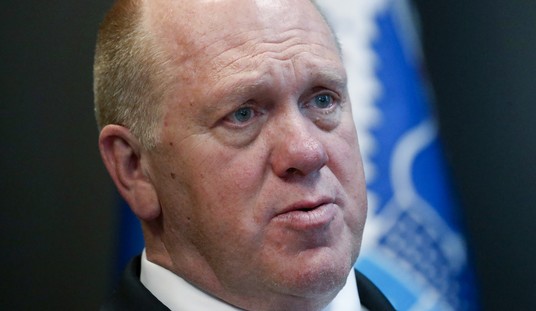GOP Texas Representative Brian Babin plans to introduce legislation this week to put an end to birthright citizenship for children born to illegal aliens, as well as birth tourism.
Twenty GOP cosponsors will sign onto the bill, which is an effort to strengthen President Trump’s executive order attempting to end birthright citizenship, which he signed soon after his inauguration.
“It's going to have a huge impact on our immigration system because it's going to close loopholes that exploit birthright citizenship, and discourage illegal immigration and end the misuse of this really, this completely misinterpreted privilege. I don't want anyone saying that I am opposed to immigration. My ancestors immigrated as well. I have a daughter-in-law… she is from Brazil, married my son, and she is a proud U.S. citizen. But she did it the legal way. And we cannot continue to have this abuse,” Babin, the chairman of the House Science and Technology Committee, told Fox News Digital.
Trump’s executive order reads that “[A]mong the categories of individuals born in the United States and not subject to the jurisdiction thereof, the privilege of United States citizenship does not automatically extend to persons born in the United States: (1) when that person’s mother was unlawfully present in the United States and the father was not a United States citizen or lawful permanent resident at the time of said person’s birth, or (2) when that person’s mother’s presence in the United States at the time of said person’s birth was lawful but temporary (such as, but not limited to, visiting the United States under the auspices of the Visa Waiver Program or visiting on a student, work, or tourist visa) and the father was not a United States citizen or lawful permanent resident at the time of said person’s birth.”
The American Civil Liberties Union, as well as several states, are suing over the executive order, to which Babin responded that he welcomes the legal challenge so that the Supreme Court can finally clarify the issue.
Recommended
“I welcome this lawsuit because we have to get this into the U.S. Supreme Court. It's probably going to take several years for this to wind its way through the court system. But we want the U.S. Supreme Court to rule on this and give us a final ruling, because it has been misinterpreted,” Babin said.


